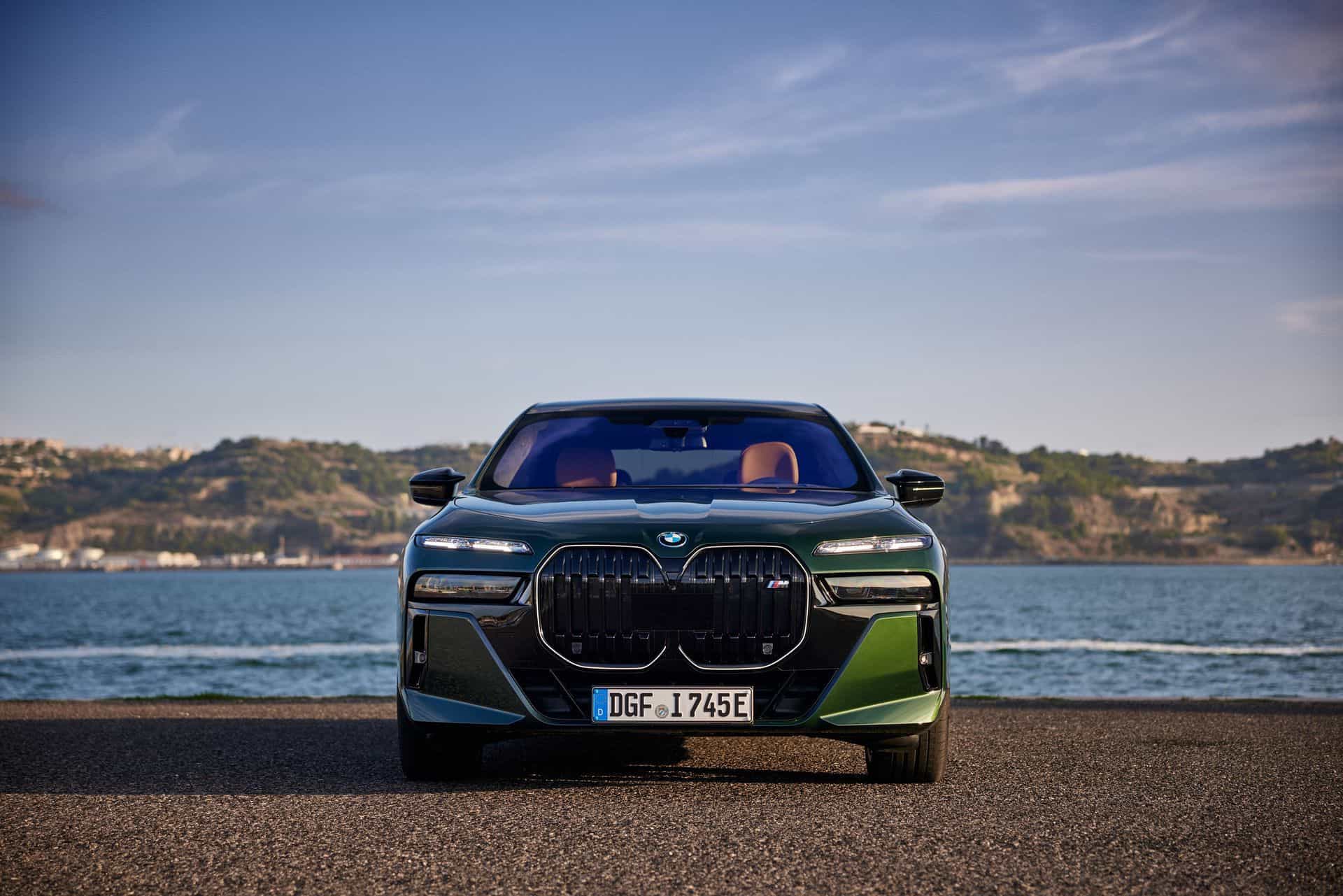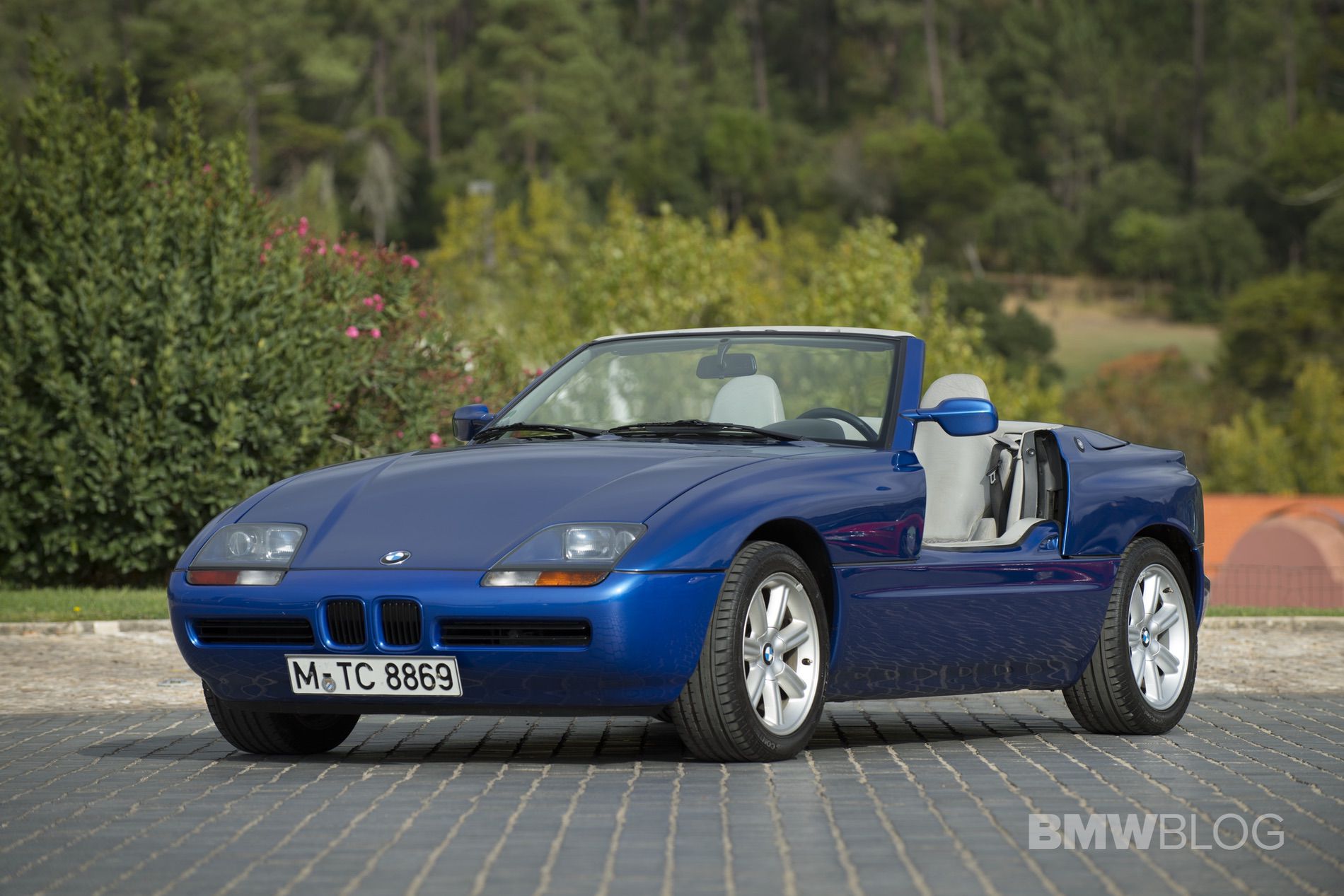BMW has always been vocal about the European Union’s still-shocking proposal to ban sales of new cars with combustion engines from 2035. While the legislation doesn’t explicitly outlaw ICE, it does state that new vehicles generating emissions won’t be allowed from the middle of the next decade. However, the decision isn’t set in stone. The European Commission will provide an update on the controversial automotive package on December 10.
In an interview with Automobilewoche, CEO Oliver Zipse expressed optimism that those in charge will water down the proposal. The head honcho from Munich believes the EU will eventually realize how massively this move would impact the European car industry. BMW’s top brass pointed out that nearly 50,000 job losses this year alone in Germany “could somehow be related to regulation.” Earlier this year, Deutsche Welle warned of an even higher number, with the German auto sector potentially losing 51,500 jobs in 2025.
It’s not just the combustion engine ban that Zipse wants revised. The BMW boss would also like the governing body to move away from defining CO2 emissions solely as tailpipe emissions. The 61-year-old executive argues it’s a “completely outdated” procedure because it ignores the entire value chain: “If I use green steel, then I want that to be included in my CO2 assessment.”
That makes sense, considering a car pollutes even before the owner drives it off the dealership lot. BMW has been investing in recent years to secure CO2-reduced steel while making greater use of recycled materials. Roughly a third of the new iX3’s weight consists of recycled materials. For each EV that rolls off the assembly line in Debrecen, BMW uses 740 kilograms (1,631 pounds) of secondary materials. It varies from repurposed aluminum and PET bottles to discarded fishing nets and ropes.
That has to count for something, rather than being narrow-minded by factoring in only what comes out of the exhaust. Lowering a car’s CO2 footprint means more than just cleaner combustion engines or no engines at all. BMW is also an advocate of more sustainable fuels, such as diesel-replacing HVO100 and eFuel instead of gasoline. Both have much smaller carbon footprints than conventional fossil fuels and come with no performance losses.
We mustn’t omit hydrogen either, with BMW planning to launch its first fuel-cell production car in 2028. It’s going to be based on the next-generation X5, launching next year. The “G65” will initially be offered with gasoline, diesel, plug-in hybrid, and battery EV drivetrains. The fuel cell will follow a couple of years later, with help from Toyota’s hydrogen expertise.
Source: Automobilewoche, Deutsche Welle

























































